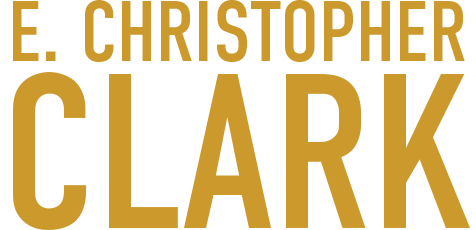Thünard (θuˈNARD)

Thünard (literally “green speak”), colloquially known as Dwarvish, is the predominant language of dwarven societies throughout the Clarkwoods Literary Universe. And because the dwarves are reality’s preeminent technological civilization—traveling here, there, and everywhere—their mother tongue has also become the interstellar language of commerce and diplomacy. In the land of Eden during Interregnums, there are nearly as many speakers of Thünard as there are of the halfling language Lüota—which is saying something, as Eden is like Halfling Central.
Common Phrases



The detail about the iambic pentameter was fun, I would have loved to see an example of it :D
Yeah, that was a late arriving idea. I should have spent more time revising after that. But thank you for reading!